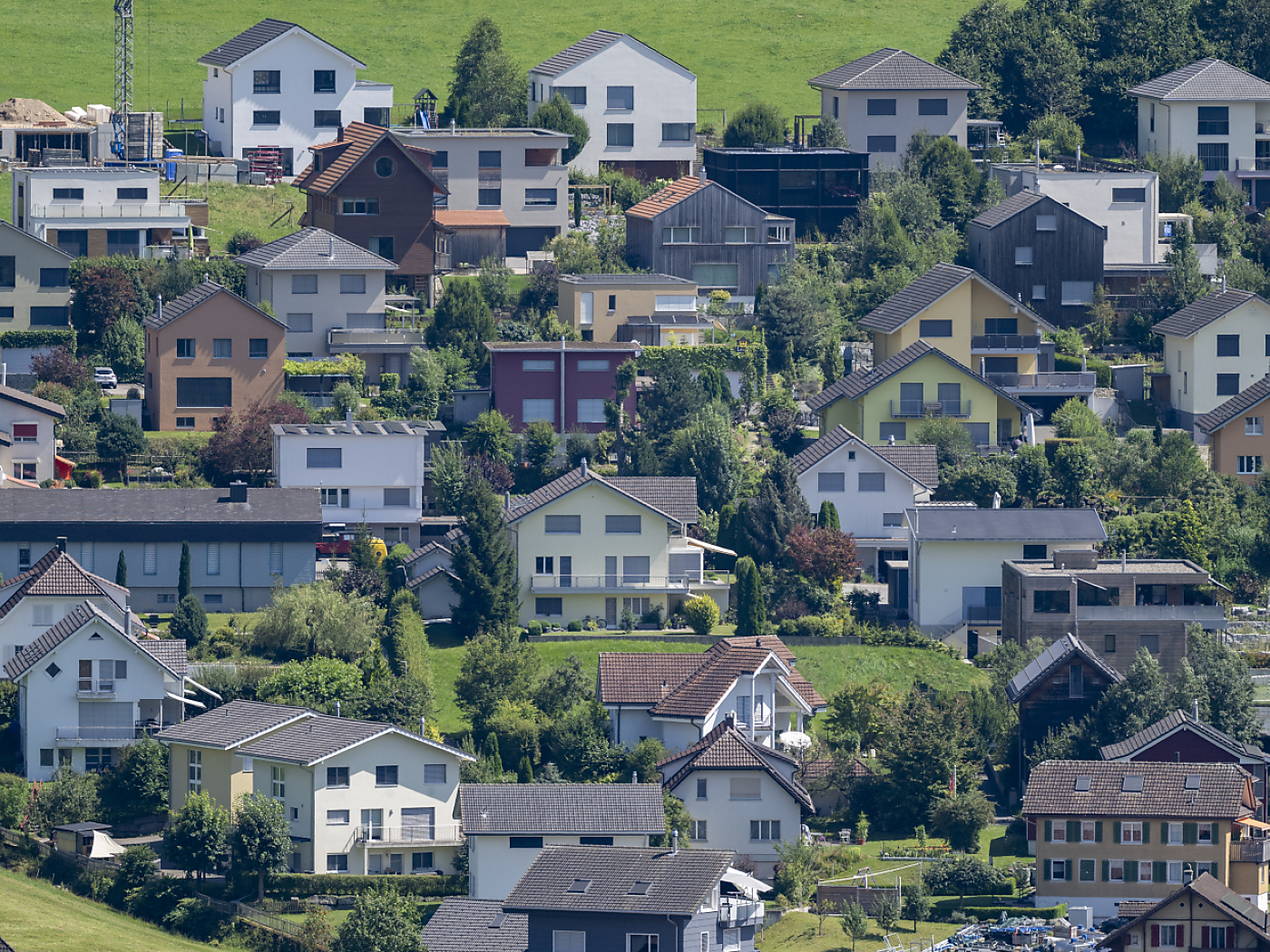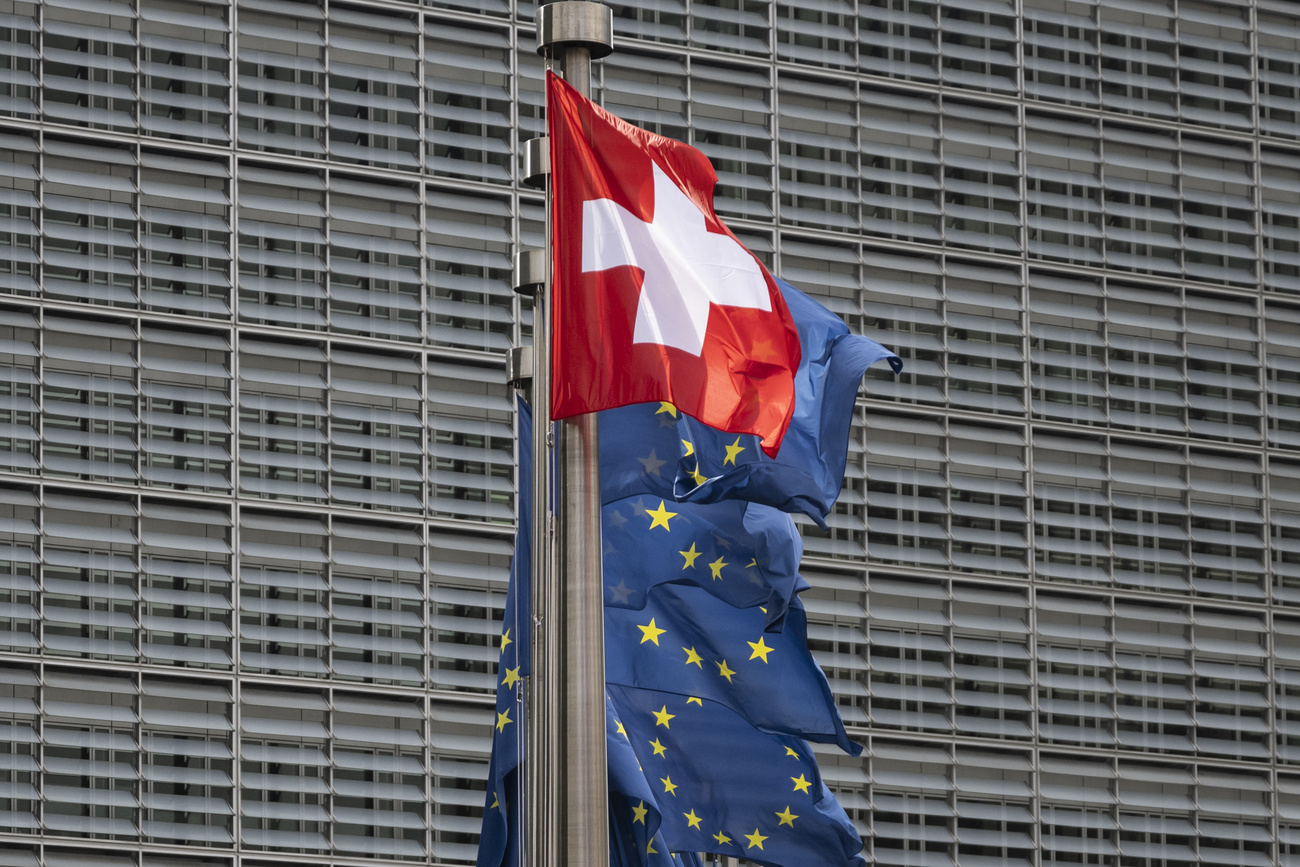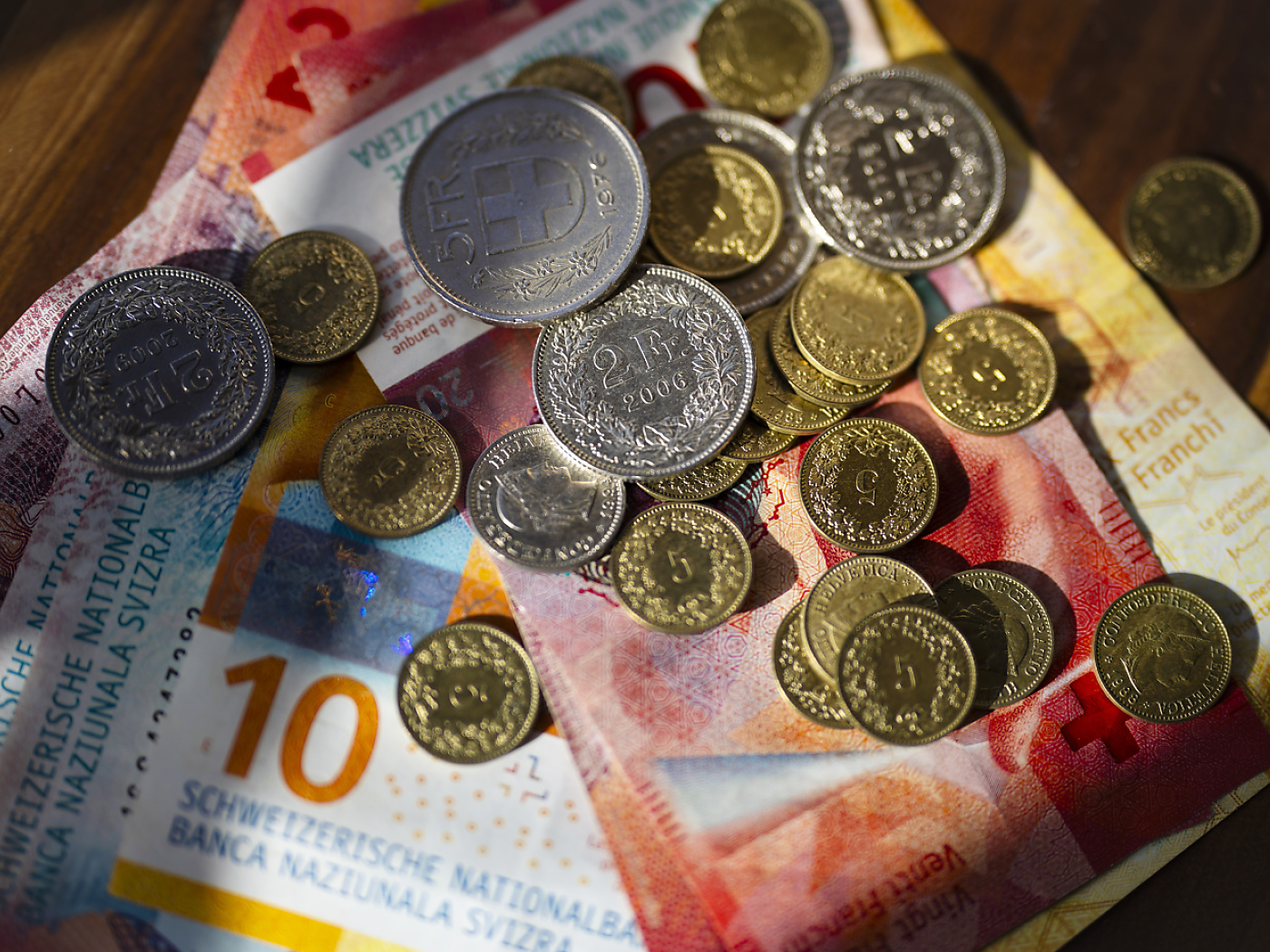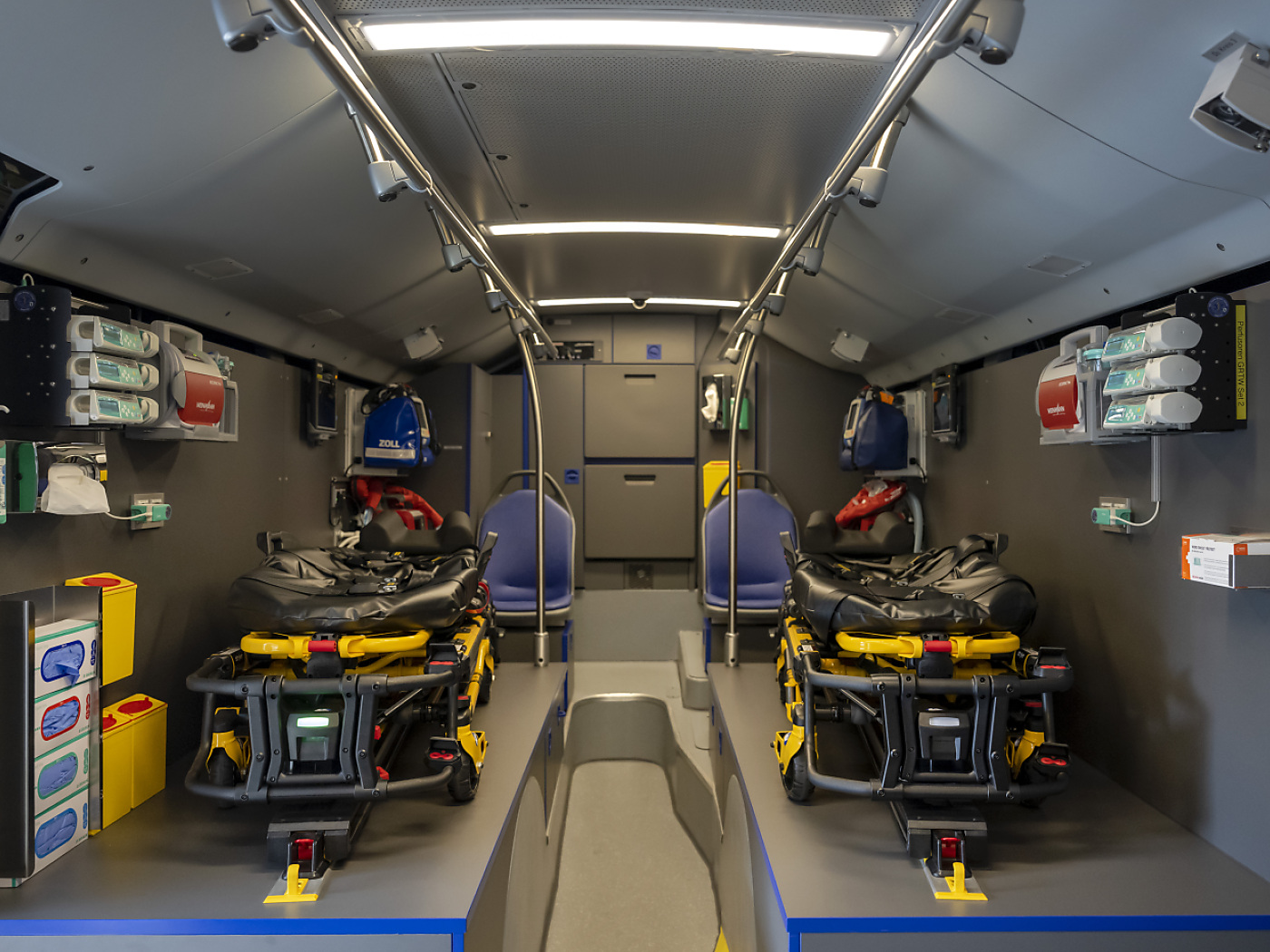Swiss property market shows no signs of correction

The Swiss real estate market continues to show no signs of correction. In recent months, prices have continued to rise, while neighbouring countries such as Germany and France have seen considerable declines.
+Get the most important news from Switzerland in your inbox
In the past 12 months, Swiss house prices have risen by 3.8%, as calculated by real estate consultancy IAZI in a study published on Tuesday. In the past six months, the price increase has at least slowed somewhat to 2%.
According to the study, prices for private residential property in Switzerland have even risen by 8.9% over the past two years. Meanwhile, neighbouring countries such as Germany (-12.2%) and France (-4.5%) have had to accept some severe price corrections over the past 24 months. In Europe, only the UK (+3.1%) and Italy (+2.8%) recorded positive figures.
In Switzerland, the ongoing interest rate cuts in particular have made financing cheaper again since last year and thus ensured a further increase. According to the IAZI, the interest rates for ten-year fixed-rate mortgages and Saron mortgages are currently almost identical.
+ Home ownership remains a mirage for most Swiss
No price correction in sight
The market for investment properties has been an unstoppable success story for 25 years, the statement continues. “The frequently invoked bursting of a price bubble has not materialised, although there have been minor downturns in the price curve.”
In addition, many factors point to a further increase in investment properties. The Swiss National Bank (SNB) is likely to cut interest rates further. In addition, immigration is likely to continue to ensure strong demand for residential property, which will lead to rising rental prices. However, this does not include existing rents, which will only move up or down in line with the reference interest rate.
Sharp price increase in the mountains
However, the often-cited housing shortage not only affects the large conurbations, but also the mountain regions. Apartments have become very scarce there because the boom in holiday apartments is continuing, it is said.
+ Owning a home ‘not necessarily cheaper in the long term than renting’
According to the data, a typical model apartment with 115 square metres and in good condition is most expensive in Geneva with a price of CHF2.22 million ($2.5 million), followed by Zurich with CHF2.12 million. Third and fourth place are taken by two mountain villages, St Moritz (CHF1.74 million) and Zermatt (CHF1.70 million). They are followed by Lausanne (CHF1.65 million).
But other holiday resorts such as Val de Bagnes (CHF1.60 million), Saanen (CHF1.52 million), Andermatt (CHF1.38 million) and Davos (CHF1.37 million) also beat the major cities of Basel (CHF1.36 million) and Bern (CHF1.26 million).
Holiday apartments very popular
Holiday apartments continue to dominate in the mountain regions, with some mountain communities far exceeding the 20% share of second homes prescribed by law, as IAZI notes. In Arosa, for example, the proportion is 75%, in Scuol 61%, in Obergoms 79% and in Grindelwald 63%.
Last year, prices for holiday apartments climbed by 14%, according to the report. “The snowless winters will continue to boost the attractiveness of holiday apartments, especially in destinations located at an altitude of 1,000 metres above sea level,” IAZI believes.
The situation will become particularly problematic for locals and seasonal workers if the gap between the development of asking rents and wages continues to widen. “Seasonal workers will also have to accept longer commutes if they can no longer find affordable accommodation near their workplace.”
According to the IAZI, there is currently no relief in sight in the mountain regions. “Low vacancy rates in tourist regions point to the Alpine housing shortage.” Only in Ticino is the vacancy rate currently above 3%.
Translated from German by DeepL/ts
This news story has been written and carefully fact-checked by an external editorial team. At SWI swissinfo.ch we select the most relevant news for an international audience and use automatic translation tools such as DeepL to translate it into English. Providing you with automatically translated news gives us the time to write more in-depth articles.
If you want to know more about how we work, have a look here, if you want to learn more about how we use technology, click here, and if you have feedback on this news story please write to english@swissinfo.ch.

In compliance with the JTI standards
More: SWI swissinfo.ch certified by the Journalism Trust Initiative



















You can find an overview of ongoing debates with our journalists here . Please join us!
If you want to start a conversation about a topic raised in this article or want to report factual errors, email us at english@swissinfo.ch.